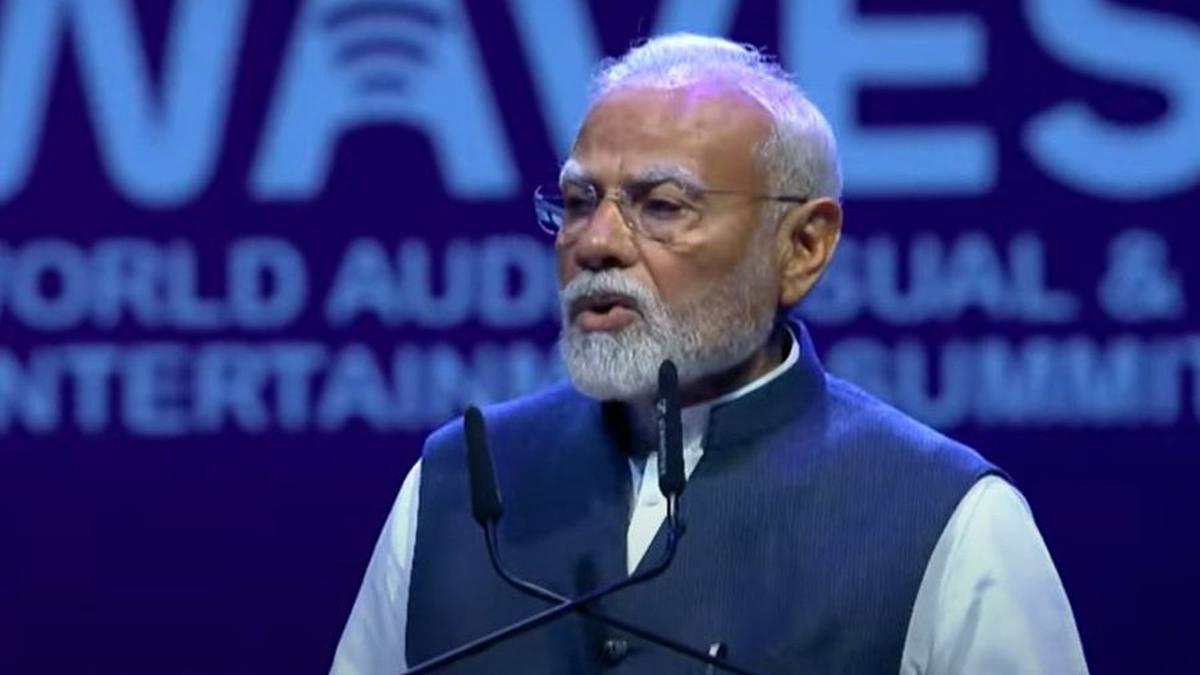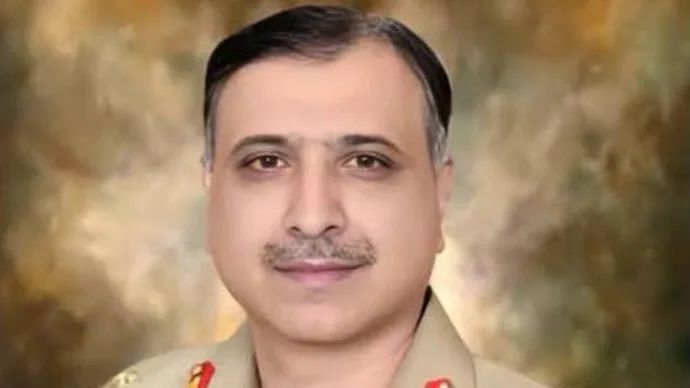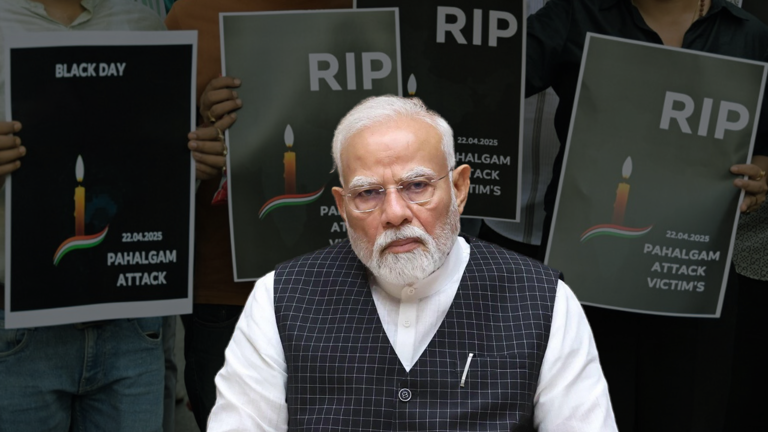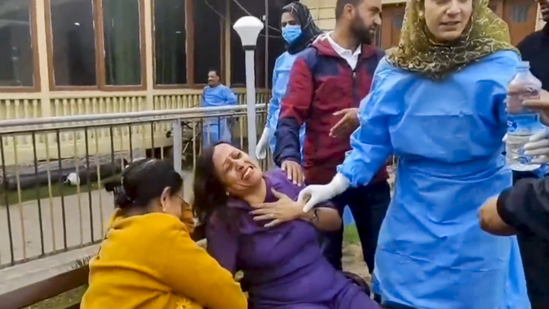
Pahalgam Terror Attack Aftermath: Vadra Claims “Muslims Feeling Weakened” in India
The recent Pahalgam terror attack has once again brought the issue of terrorism and communal tensions to the forefront. Robert Vadra, a prominent political figure and businessman, expressed deep concern over the incident, stating that “killing after asking identity, Muslims are feeling weak.” His remarks have sparked a heated debate on social media and among political circles.
In this article, we delve into the details of the Pahalgam terror attack, Vadra’s statement, and the broader implications for India’s security and social harmony.
Understanding the Pahalgam Terror Attack
The Pahalgam terror attack occurred in the scenic valley of Kashmir, a region often marred by militancy. Reports suggest that terrorists targeted civilians, leading to casualties and widespread fear. The attackers allegedly asked for the victims’ religious identities before carrying out the killings, raising concerns about targeted violence.
The incident has reignited discussions on the rising threats of terrorism in Jammu and Kashmir. Security forces have intensified operations, but such attacks continue to challenge peace efforts in the region.
Robert Vadra’s Statement on the Pahalgam Terror Attack
Robert Vadra, husband of Congress leader Priyanka Gandhi Vadra, took to social media to express his anguish over the Pahalgam terror attack. He stated:
“Killing after asking identity, Muslims are feeling weak. This is not the India we dream of. Violence in the name of religion must stop.”
His comments have drawn mixed reactions. While some applauded him for speaking out against communal violence, others criticized him for allegedly politicizing the tragedy.

Why Vadra’s Remarks Matter
- Highlighting Communal Tensions – His statement underscores the growing anxiety among minorities regarding identity-based violence.
- Political Implications – As a key figure linked to the Congress party, his words carry weight in national discourse.
- Call for Unity – Vadra’s message emphasizes the need for national unity against terrorism.
Public and Political Reactions to the Pahalgam Terror Attack
The Pahalgam terror attack has triggered strong responses from various political leaders and citizens:
- Government Response: The central government condemned the attack, vowing strict action against the perpetrators.
- Opposition’s Stand: Opposition parties, including the Congress, demanded better security measures in Kashmir.
- Public Outrage: Many netizens expressed grief, while others debated the role of identity politics in such attacks.
The Bigger Picture: Terrorism and Identity-Based Violence
The Pahalgam terror attack is not an isolated incident. Over the years, Kashmir has witnessed numerous attacks where victims were targeted based on their religion or ethnicity. This raises critical questions:
- Is terrorism becoming identity-driven?
- How can India strengthen security while ensuring communal harmony?
- What role do political statements play in shaping public perception?
Robert Vadra’s remarks reflect a growing concern that terrorism is being used to deepen divisions in society. His call for unity is crucial in these turbulent times.
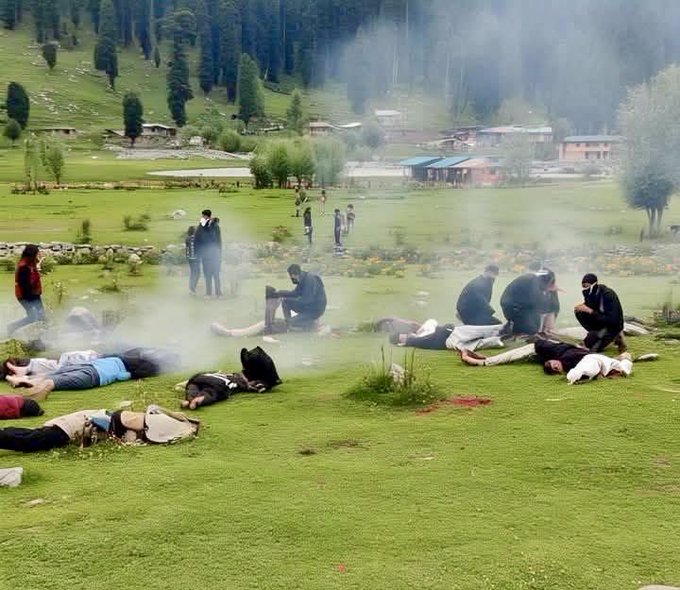
Robert Vadra’s Controversial Statement: “Muslims Are Feeling Weak
Following the Pahalgam terror attack, Robert Vadra—husband of Congress leader Priyanka Gandhi Vadra—took to social media to express his concerns. He stated:
“After the Pahalgam terror attack, it is clear that Muslims are feeling weakened in India. Violence based on identity is dividing our nation.”
ये भी पढ़ें: Pahalgam Attack: पत्नी और बेटे के सामने हुई भरत की हत्या; आतंकी हमले में गमगीन हुए कर्नाटक के ये परिवार
Muslims Are Feeling Weak” Remark Ignites Nationwide Debate
The Pahalgam terror attack is a tragic reminder of the threats India faces. While Robert Vadra’s statement—”Muslims are feeling weakened in India”—has sparked debate, the real focus should be on solidarity.
Terrorism has no religion. Blaming entire communities only deepens divisions. Instead, India must stand together—stronger intelligence, fair policies, and inclusive dialogue are the keys to lasting peace.
